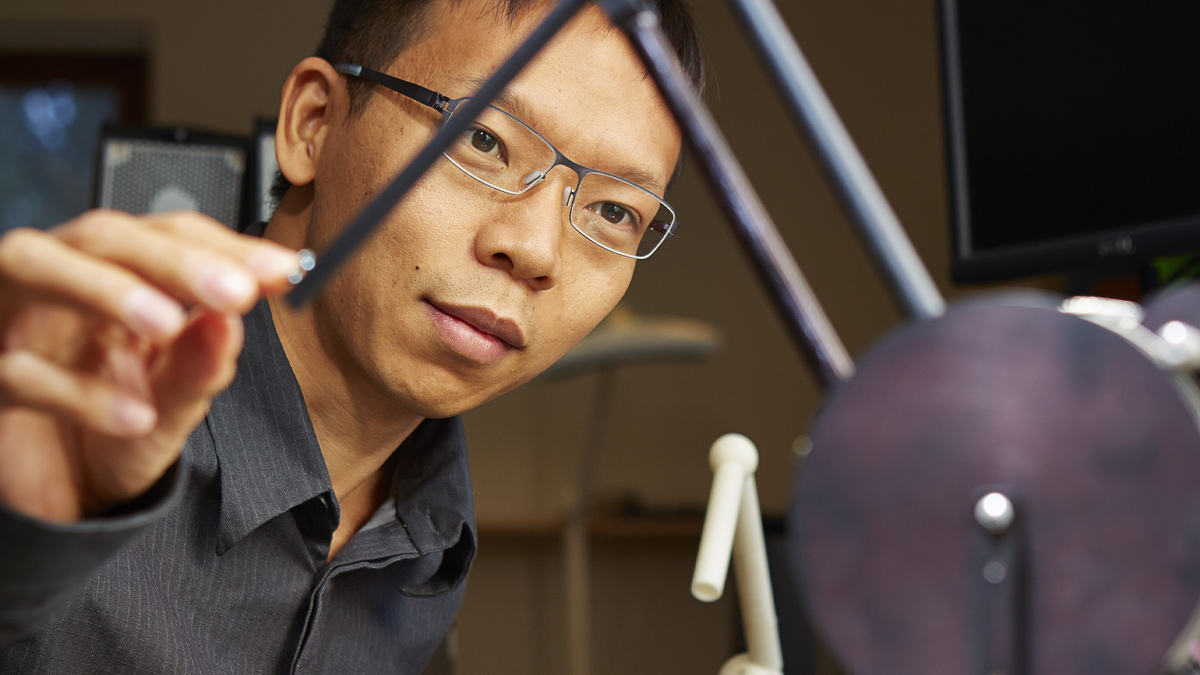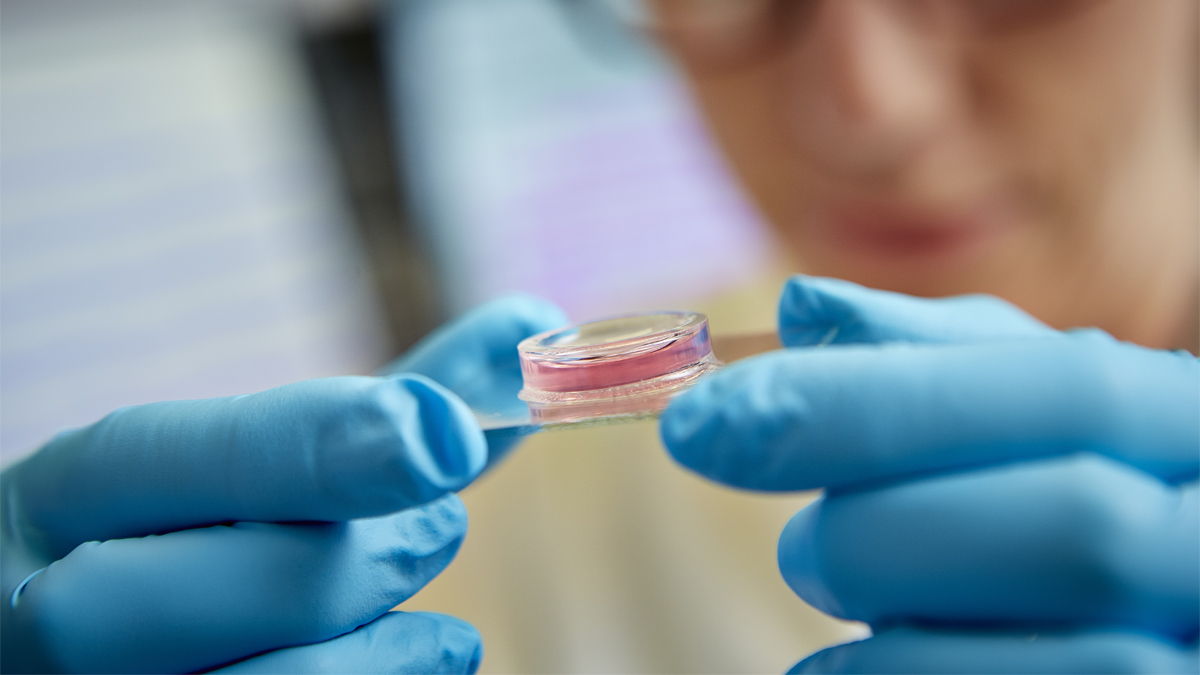Study for a PhD in biomedical engineering and develop your engineering skills and knowledge to address important healthcare challenges.
Our work spans cybernetics, consumer electronics, computing, robotics, artificial intelligence, medical physics, and neuroscience, and we are engaged in numerous interdisciplinary and international collaborations.




